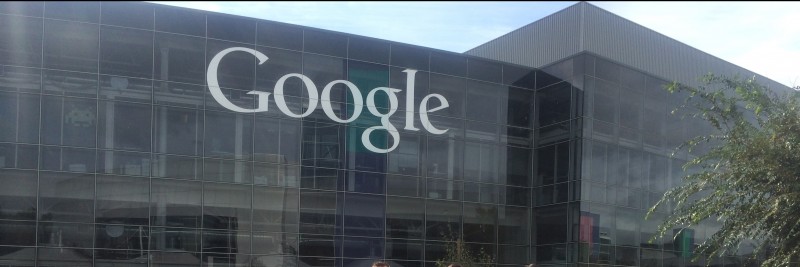
17 Aug Lack Of Diversity In Tech Companies Still An Issue For Millennials
The lack of diversity in Silicon Valley is still a major and noticeable issue. Last year, when various tech companies released statistics on the racial and gender makeup of their employees, which until that point had been kept largely secretive, the numbers didn’t add up. According to the Wall Street Journal, for companies such as Google, Facebook, Apple, Yahoo, and Twitter, minority employment in leadership and technology roles is hardly progressing.
Black and Hispanic people still makeup less than seven percent of the workforce population at all of these companies in both technology and leadership positions, except Apple, where black and Hispanic employees make up nearly 24 percent. Women makeup less than 29 percent of all employees among these five companies, with Apple on the higher-end employing 28 percent of women in leadership roles and 20 percent of women in technology roles; and Twitter, on the lower-end employing 21 percent of women in leadership roles and 10 percent of women in technology roles. While Twitter and Apple have yet to release their diversity reports this year, Apple’s HR Chief says we can expect to see greater gains in African American and Hispanic women’s roles at the company. Yet, Twitter is still struggling dismally behind where it only employs a total of 49 African Americans out of its 2,910 US workforce, and 90 percent of that workforce is male.
So what does this mean for Millennials, who will comprise nearly 75 percent of the workforce in ten years and constitute the most diverse generation in history? Despite Silicon Valley’s plans to be more diverse, various studies have shown that Millennials specifically care more about workforce diversity and inclusion than any other generation. A new survey from consultancy firm Deloitte and the Billie Jean King Leadership Initiative found that from polling 4,000 subjects of various age groups and professional levels, Millennials define diversity and inclusion very differently than Generation Y and Generation X workers. Millennials focus more on cognitive diversity which supports a difference in opinion, collaboration, teamwork and leadership styles, whereas Generation Y and X, often saw diversity as a fair representation of people from different sexes, races, backgrounds, and religions.
So why is this information important for tech companies such as Apple and Twitter? As the study authors noted: “The disconnect between the traditional definitions of diversity and inclusion, and the Millennial definitions, is already causing business hardship.” In almost every region of the world, Millennials cite diversity in their work space as one of the, if not the, most important priority for employees. While many tech companies have pledged to increase diversity in their numbers, they are a long shot from being what Millennials want out of a career.
If tech companies want to stay competitive, increasing diversity in their workforce is not simply increasing its racial or gender employee make-up. To retain Millennial employees tech companies will need to do that and include cognitive diversity to “remain competitive, and foster innovation,” King writes in a press release.
Traditional diversity methods are at odds with what Millennials desire in a career, but in order to obtain cognitive diversity, tech companies need to shift how they think about diversity and inclusion while still promoting opportunities for people of color and women to have technology and leadership roles in their organizations.
While Silicon Valley is still struggling to increase its diversity practices, Millennials are looking for companies that have moved beyond the usual scope of diversity while still placing value on traditional diversity practices.


michaelhallTM
Posted at 11:56h, 17 AugustLack Of Diversity In Tech Companies Still An Issue For Millennials
#digigrass #w3rtech http://t.co/i5PXK2xENw